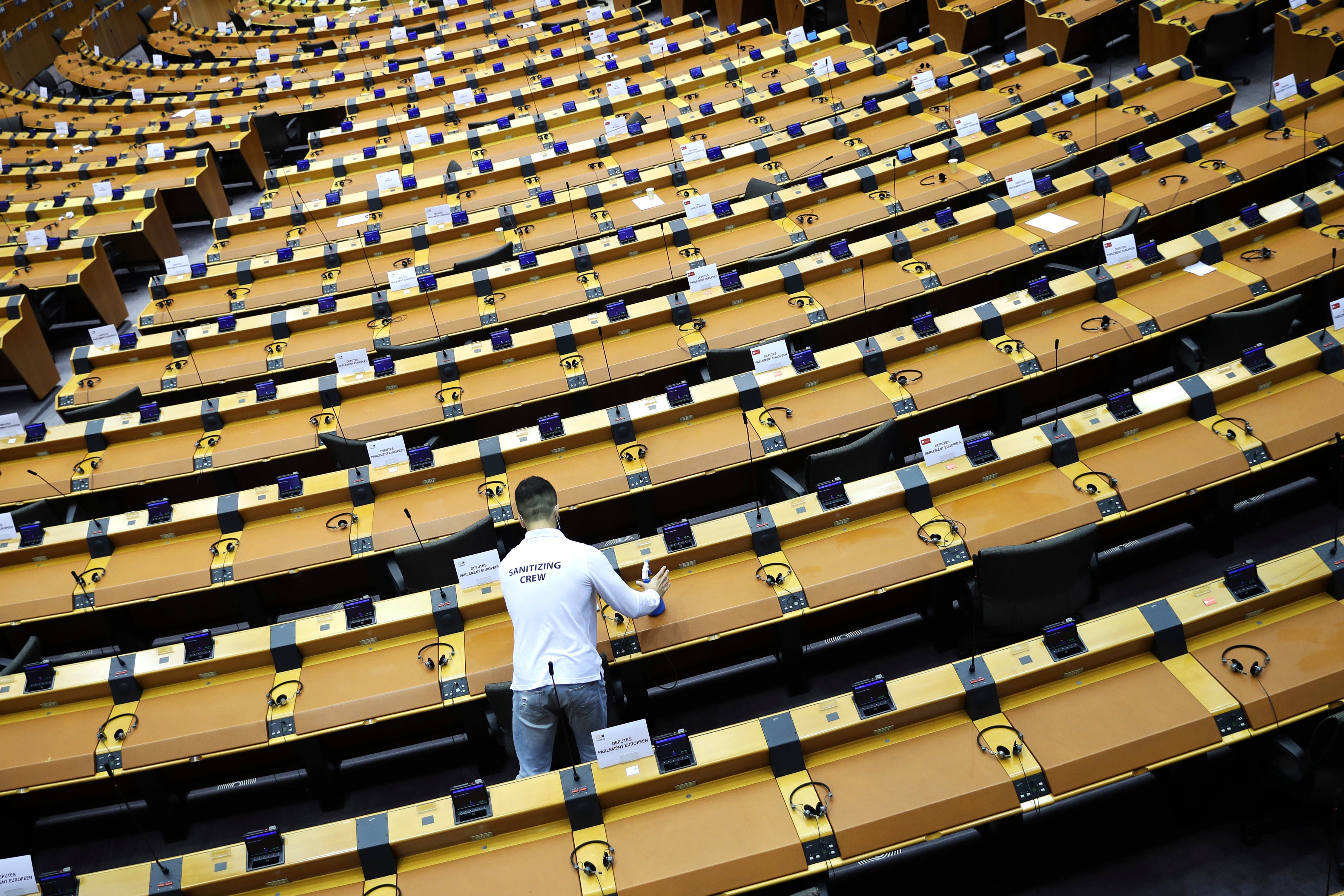EU agrees on tighter rules for surveillance tech exports
The European Union has agreed to tighten up rules for the sale and export of cybersurveillance technology

Your support helps us to tell the story
From reproductive rights to climate change to Big Tech, The Independent is on the ground when the story is developing. Whether it's investigating the financials of Elon Musk's pro-Trump PAC or producing our latest documentary, 'The A Word', which shines a light on the American women fighting for reproductive rights, we know how important it is to parse out the facts from the messaging.
At such a critical moment in US history, we need reporters on the ground. Your donation allows us to keep sending journalists to speak to both sides of the story.
The Independent is trusted by Americans across the entire political spectrum. And unlike many other quality news outlets, we choose not to lock Americans out of our reporting and analysis with paywalls. We believe quality journalism should be available to everyone, paid for by those who can afford it.
Your support makes all the difference.The European Union on Monday agreed to tighten up rules for the sale and export of cybersurveillance technology.
EU lawmakers and the European Council reached a provisional deal to update controls of so-called dual use goods such as facial recognition technology and spyware to prevent them from being used to violate human rights.
Under the new rules European companies will have to apply for government licenses to export certain products and they'll have to meet criteria that have been beefed up to include requirements to consider whether the sale poses a risk to human rights.
EU countries will also have to be more transparent by publicly disclosing details about the export licenses they grant. And the rules can also be swiftly changed to cover emerging technologies.
Dual use technology could also include high-performance computers, drones and certain chemicals.
“Today is a win for global human rights. We have set an important example for other democracies to follow," Marketa Gregorova, a European Parliament lawmaker who was one of the lead negotiators, said in a statement. “Authoritarian regimes will no longer be able to secretly get their hands on European cyber-surveillance."
The agreement comes after years of negotiations and still needs formal approval from the European Parliament and other bodies but that's expected to be a formality.
Human rights groups have been urging the EU to tighten up export rules. Amnesty International said in a recent report that the bloc's existing regulations fail to address the “rapidly changing surveillance dynamics” or take into account emerging risks posed by new digital surveillance technology. The group said it found three European companies that sold digital surveillance tech to China.